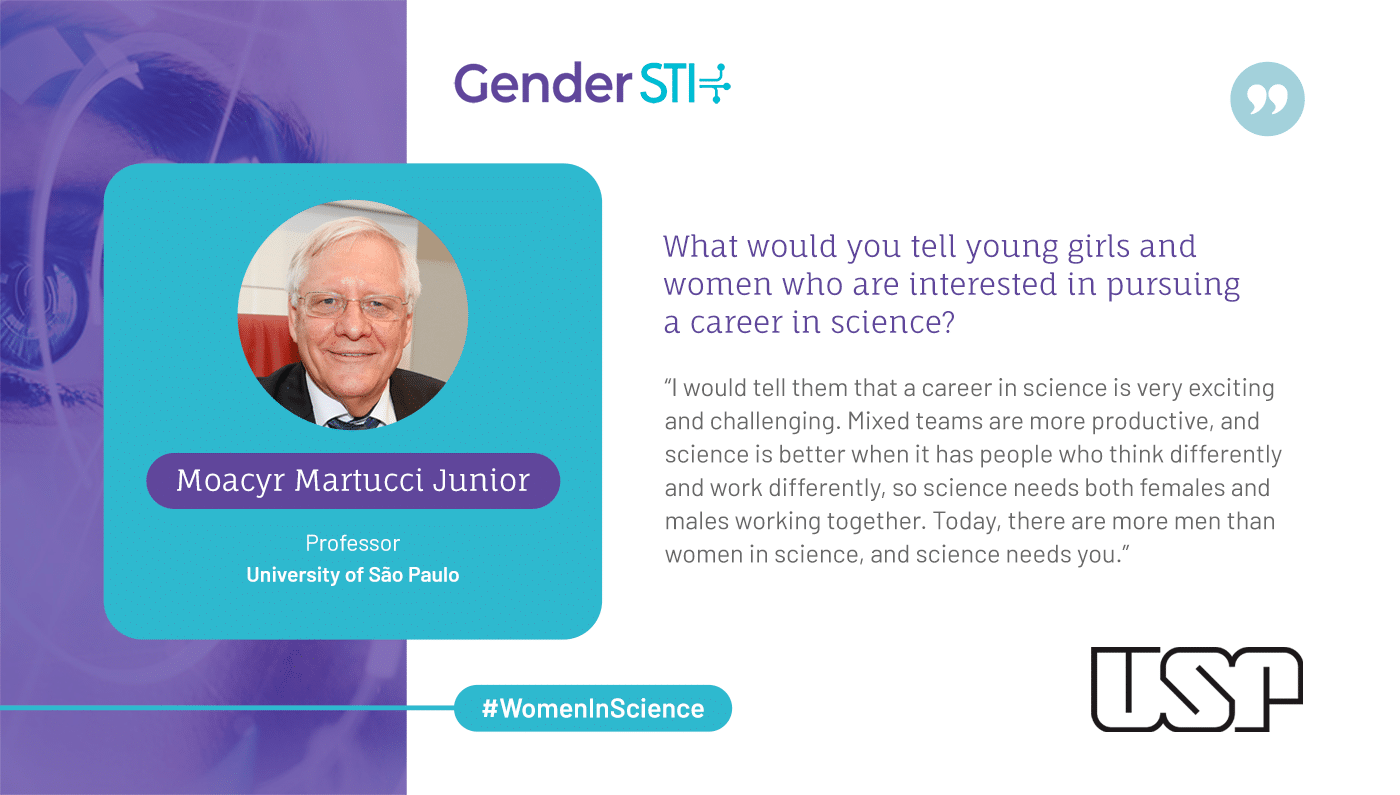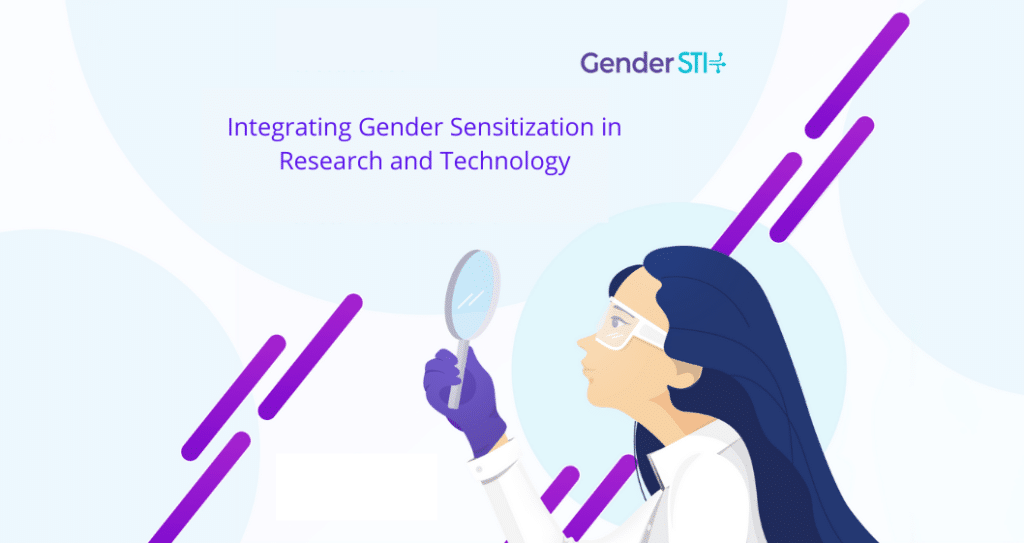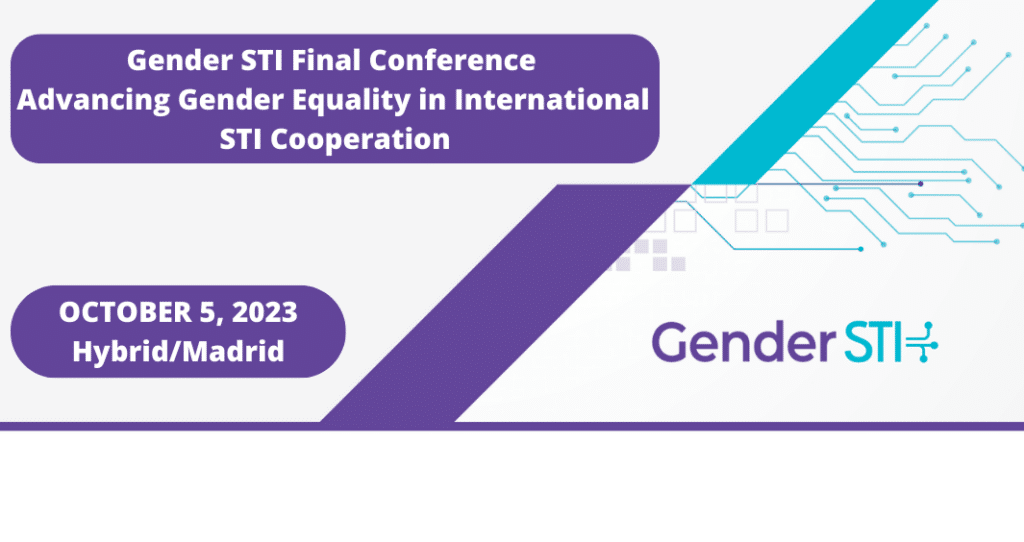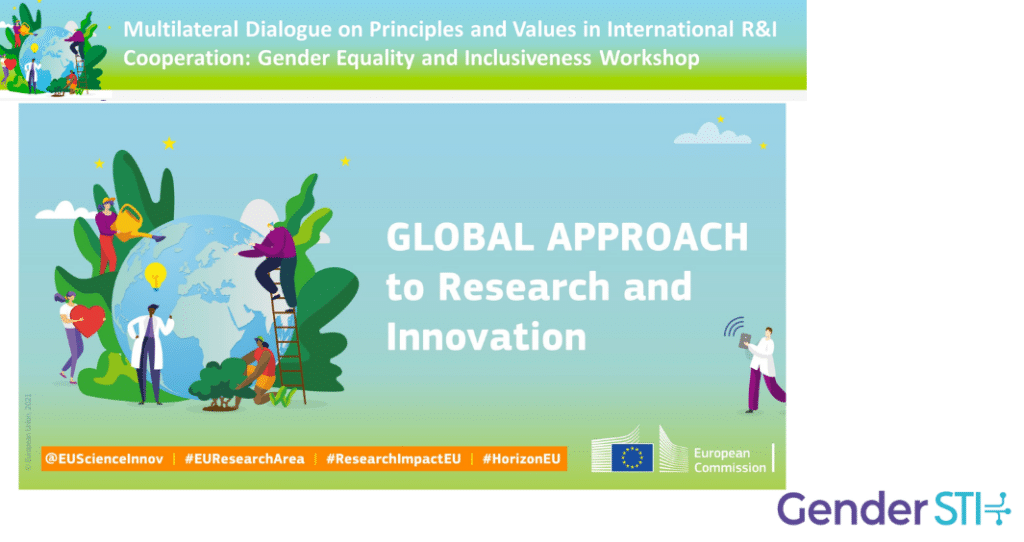This week, the world will celebrate the International Day of Women and Girls in Science on Feb. 11, which aims to promote full and equal access to and participation in science for women and girls. As part of this effort, Gender STI has launched its own #WomenInScience campaign. We talked to researchers and experts, both men and women, about why they got involved in science, what they think about current statistics on women researchers and what they think needs to be done to encourage more women and girls to pursue scientific careers.
Meet Moacyr Martucci Jr., a professor at the University of São Paulo, and an incredible ally to #WomenInScience.
What is your job position and what science field do you work in? What does your job entail?
I am full professor at Escola Politecnica of the University of São Paulo. My main research field is computing engineering, and I’m currently focused on the Internet of Things and connectivity (5G and 6G). I am also working on science and innovation diplomacy.
Besides my research activities, I am also Vice Director of the Institute of International Relations and Coordinator of the Institute for Studies Brazil Europe of the University of Sao Paulo.
Why did you decide to pursue a career in science, and specifically in your scientific field?
I have been very eager to solve problems in order to foster a better quality of life to people ever since I was young.
According to the United Nations, currently less than 30% of researchers worldwide are women. What do you think about that?
This is a very bad figure. We have to promote science and technology development in elementary and secondary schools to help encourage young ladies to study scientific careers. It’s also important to implement public policies to increase the female participation in science and technology.
What would you tell young girls and women who are interested in pursuing a career in science?
I would tell them that a career in science is very exciting and challenging. Mixed teams are more productive, and science is better when it has people who think differently and work differently, so science needs both females and males working together. Today, there are more men than women in science, and science needs you.
What message would you send to the public on the International Day of Women and Girls in Science?
Women and girls: You are very important to science and technology development. Please join!



